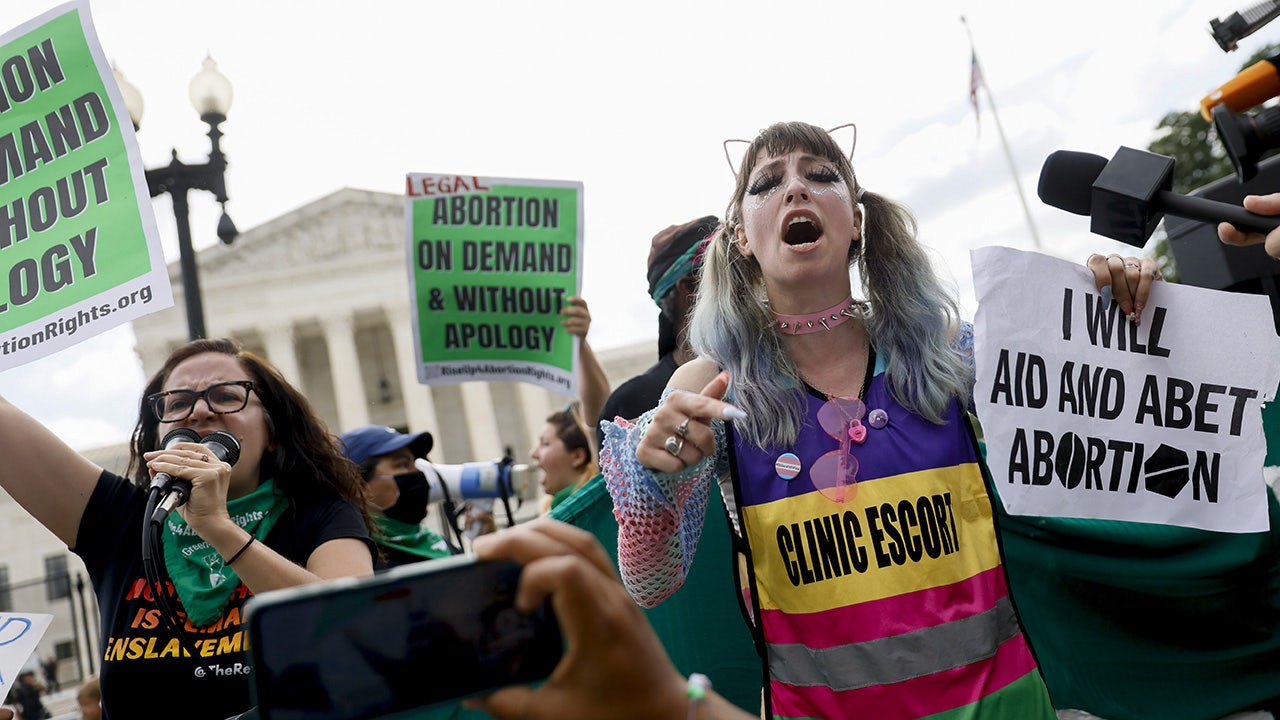Joe Biden said he was “completely ruling out” ending his re-election bid on Friday at the start of a make-or-break weekend of public appearances intended to quell calls from within his party to drop out of the presidential race.
Biden sat for his first television interview since his disastrous performance in last week’s presidential debate, which sparked panic in the Democratic party.
In a clip of the interview released by ABC News, Biden said the debate was a “bad episode”, claiming he was “exhausted” and “sick” on the night.
But amid reports that members of Biden’s family are blaming his top campaign staff for the president’s halting performance, he said his appearance on the debate stage was “nobody’s fault but mine”.
The interview came shortly after Biden delivered a defiant speech in Wisconsin, a swing state, telling a crowd of supporters that he would not bow to the mounting pressure on him to quit.
“Guess what? They’re trying to push me out of the race. Let me say this as clearly as I can: I’m staying in the race. I’ll beat Donald Trump.”
But Biden’s bullishness was undercut by a report that an influential Democratic senator was attempting to assemble a group of the party’s senators to urge the president to drop his re-election bid.
Mark Warner, a senator from Virginia, told colleagues that Biden could no longer remain in the race for the White House, The Washington Post reported on Friday. A spokesperson for Warner did not respond to a request for comment. When Biden was later asked by a reporter about Warner, the president said the senator was “the only one considering that”.
Separately, Maura Healey, the Democratic governor of Massachusetts, became the first state governor to suggest Biden step aside. Healey was among governors who met the president for emergency talks at the White House this week.
She issued a statement on Friday afternoon saying she was “deeply grateful” for Biden’s leadership, but urged him to “listen to the American people and carefully evaluate whether he remains our best hope to defeat Donald Trump”.
But Biden brushed aside the concerns again on Friday evening, telling reporters that he was “completely ruling . . . out” leaving the race. When a reporter asked him if he was the best candidate to beat Trump, Biden replied: “I did it before.” When the reporter asked a follow-up, he replied: “You’ve been wrong about everything so far. You were wrong about 2022 . . . you were wrong about 2023 . . . so look, we’ll see.”
Reporters travelling with Biden noted several people standing outside the venue where he spoke in Wisconsin holding signs urging him to “bow out” and “pass the torch”. Another sign read: “Give it up, Joe,” while one said: “Pres Biden — serve your country — not your ego.”
On Sunday, Biden will make a campaign stop in another swing state, Pennsylvania. The trip through critical states comes as he battles to quell deep discontent in his party about his determination to stay in the race. Despite Democratic governors publicly voicing support for Biden this week, scores of lawmakers, party operatives and influential donors are now agitating for him to be replaced with a younger candidate.
The pre-recorded interview with ABC News’s George Stephanopoulos, a former adviser to Democratic president Bill Clinton, was being billed as a chance for the president to allay concerns about his mental acuity.
But White House press secretary Karine Jean-Pierre sought to downplay the significance of the interview, telling reporters on Air Force One on Friday that Biden was preparing for the conversation “like he does with any other interview”.
Some donors have pushed California Governor Gavin Newsom and Michigan Governor Gretchen Whitmer to replace the president as the Democratic candidate, the Financial Times reported on Thursday. Vice-president Kamala Harris is in pole position to replace Biden if he drops out.
A handful of Democratic lawmakers have come out publicly in recent days calling for Biden to end his re-election bid. An increasing number of megadonors — including media heiress Abigail Disney and Hollywood agent Ari Emanuel — have said they would not give Biden any more money.
Biden has also been weakened by damaging public opinion polls that show him trailing Trump by several points both nationwide and in the battleground states that are likely to determine the outcome of November’s election.
But Biden and his campaign have refused to blink in the face of the pressure. His campaign on Friday said it would spend another $50mn on advertising in the month of July, including for ad spots that would run during this month’s Republican National Convention and the Olympics.
Harris, Newsom and Whitmer have remained publicly loyal to the president’s campaign. At a July 4 celebration at the White House on Thursday evening, Biden joined hands with his vice-president as some people in the crowd chanted, “four more years”.
But other prominent Democrats are more reluctant to share the stage with the president. When Biden visited Wisconsin on Friday, he was joined by the state’s Democratic governor, Tony Evers — but not Tammy Baldwin, the state’s Democratic senator, who is polling far ahead of the president.
The latest FiveThirtyEight polling average shows Trump leading Biden by just shy of two points in Wisconsin.
Trump has kept a relatively low profile since the debate, allowing media attention to remain on Biden’s difficulties and Democratic disarray.
But the former president has slammed Harris in recent days, and on Thursday night challenged Biden to another “no holds barred” debate. A second debate between them is already scheduled for September.
“What a great evening it would be, just the two of us, one on one, in a good, old fashioned debate, the way they used to be,” Trump said in a post on his Truth Social platform. “ANYTIME, ANYWHERE, ANYPLACE!!!”.
Biden said on Friday that he remained “committed” to attending the September debate.
Have your say
Joe Biden vs Donald Trump: tell us how the 2024 US election will affect you

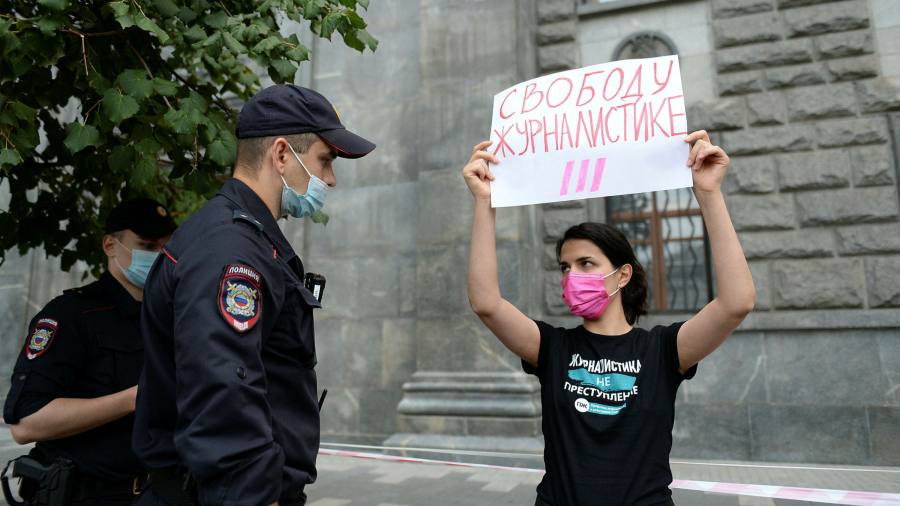







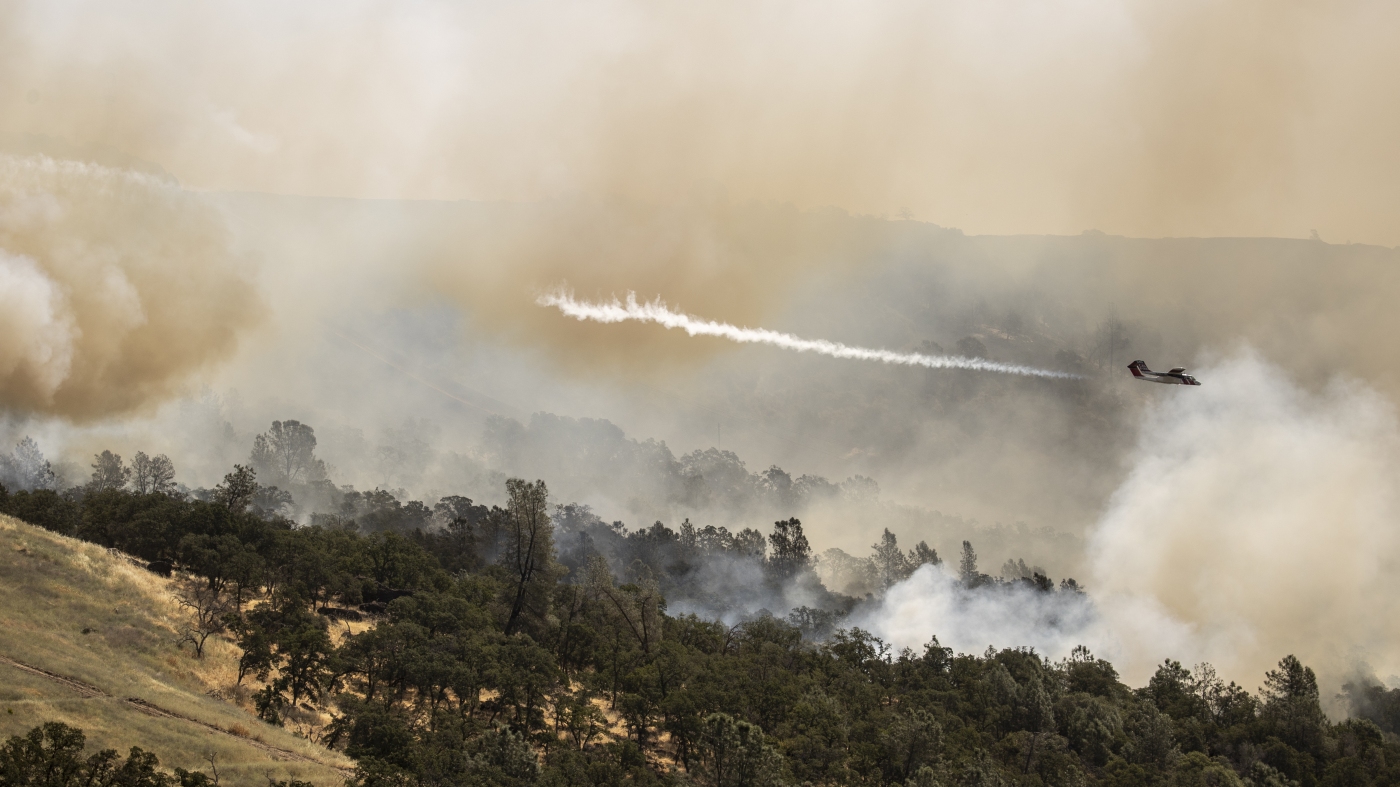

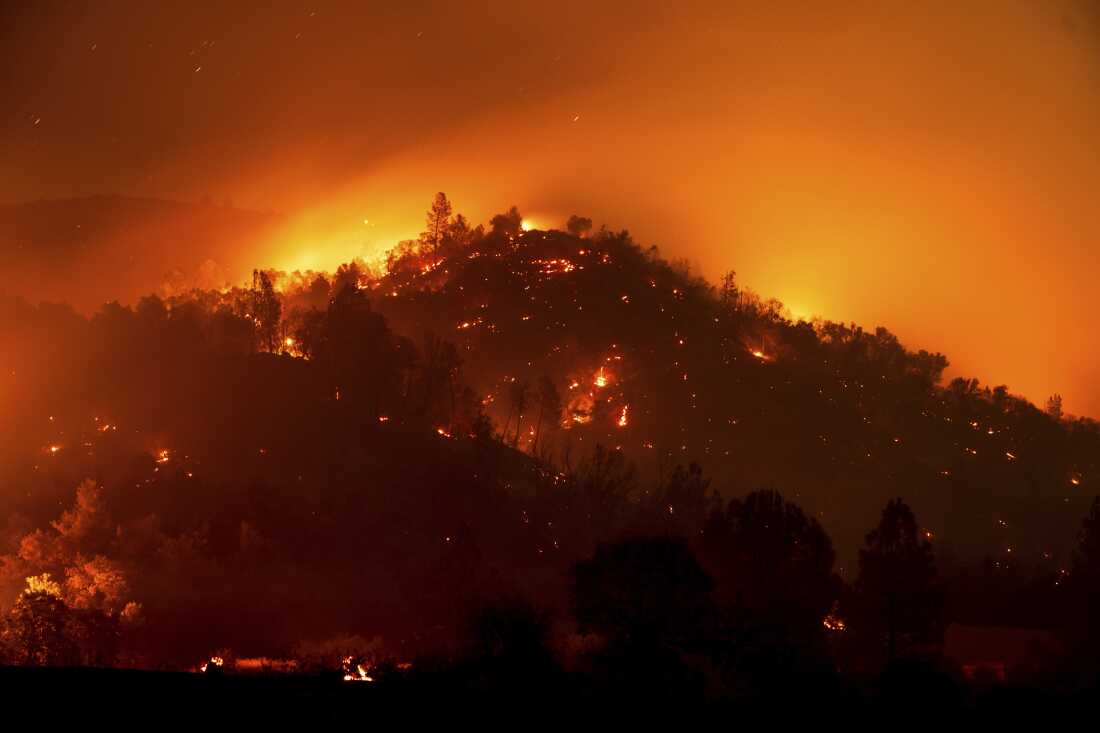








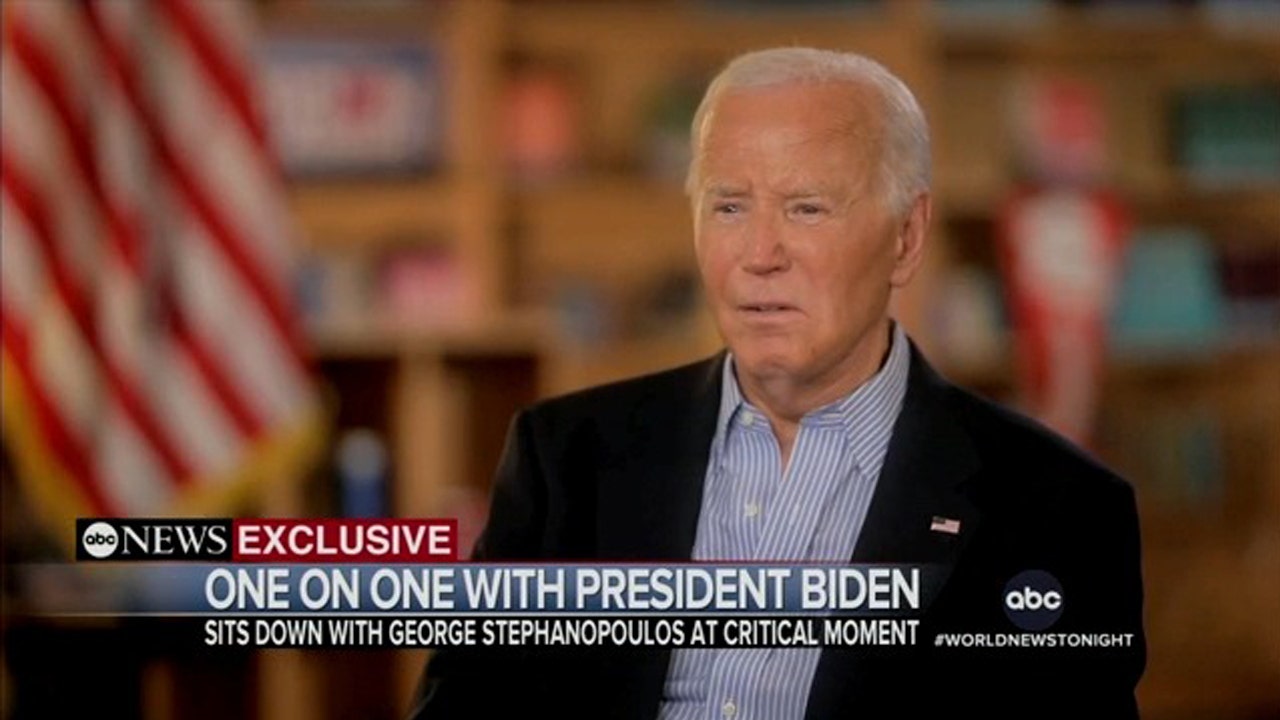
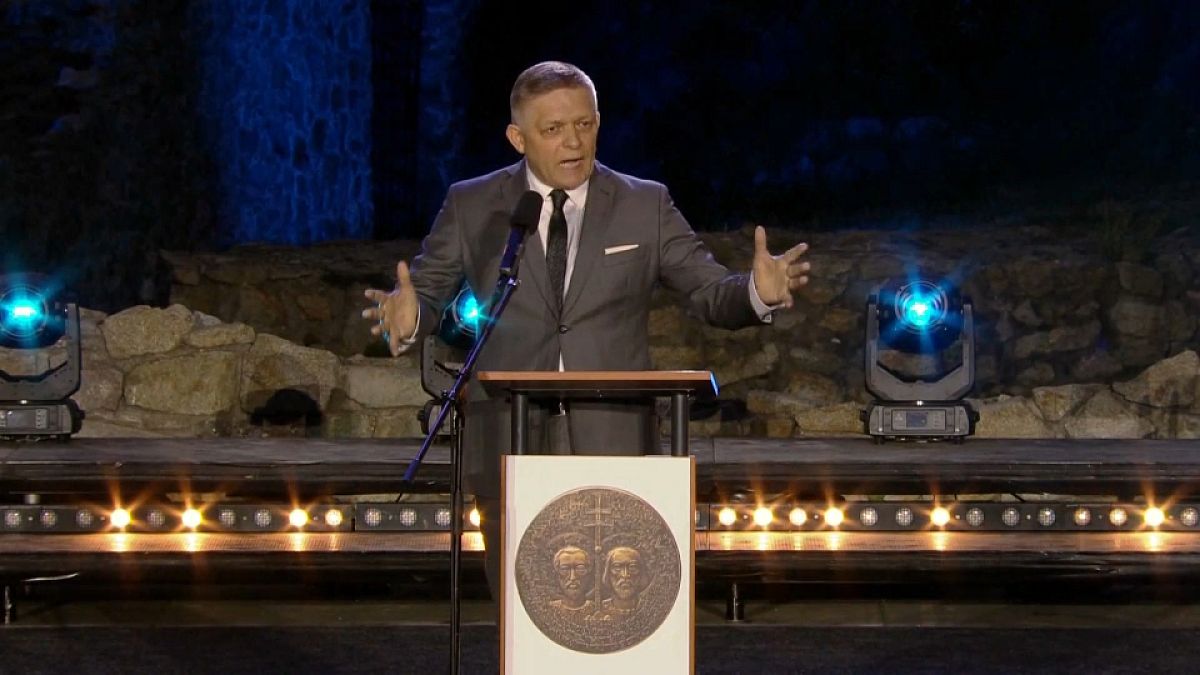
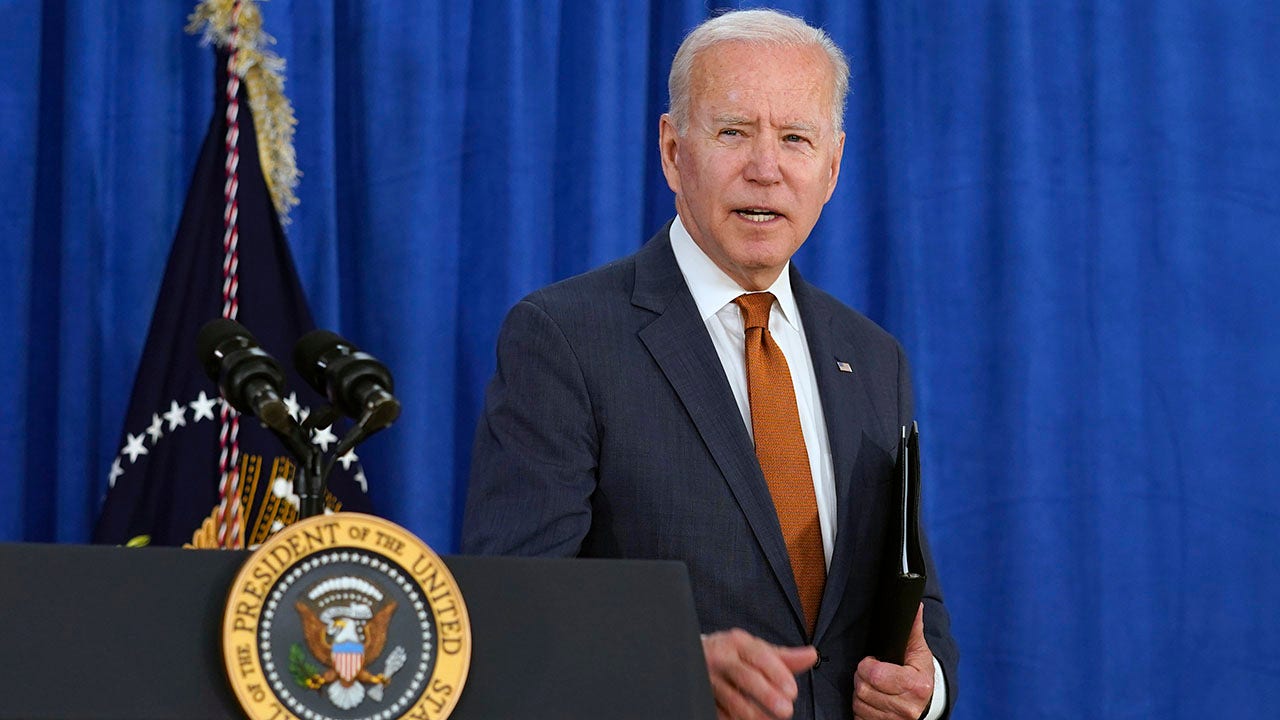

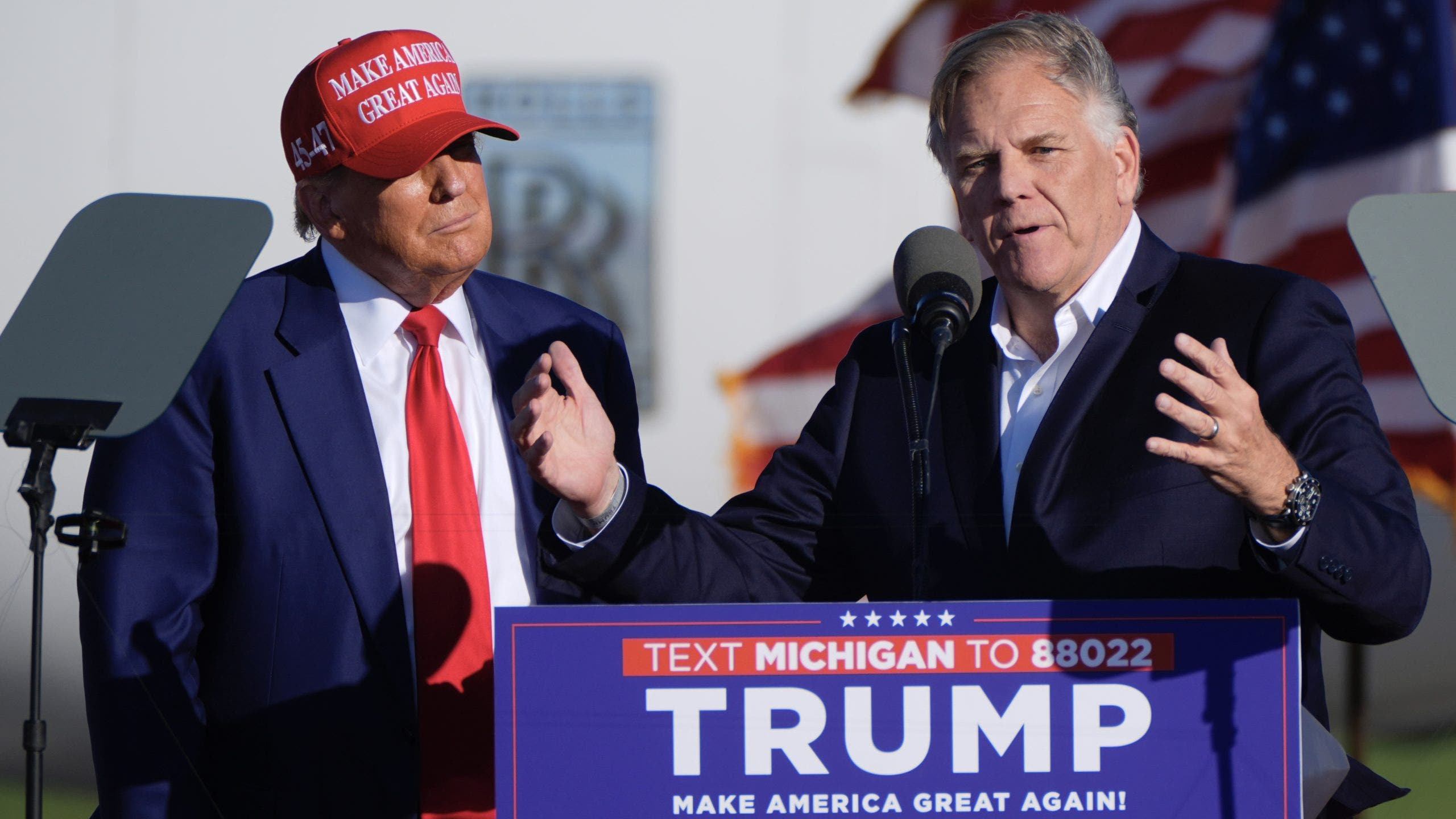

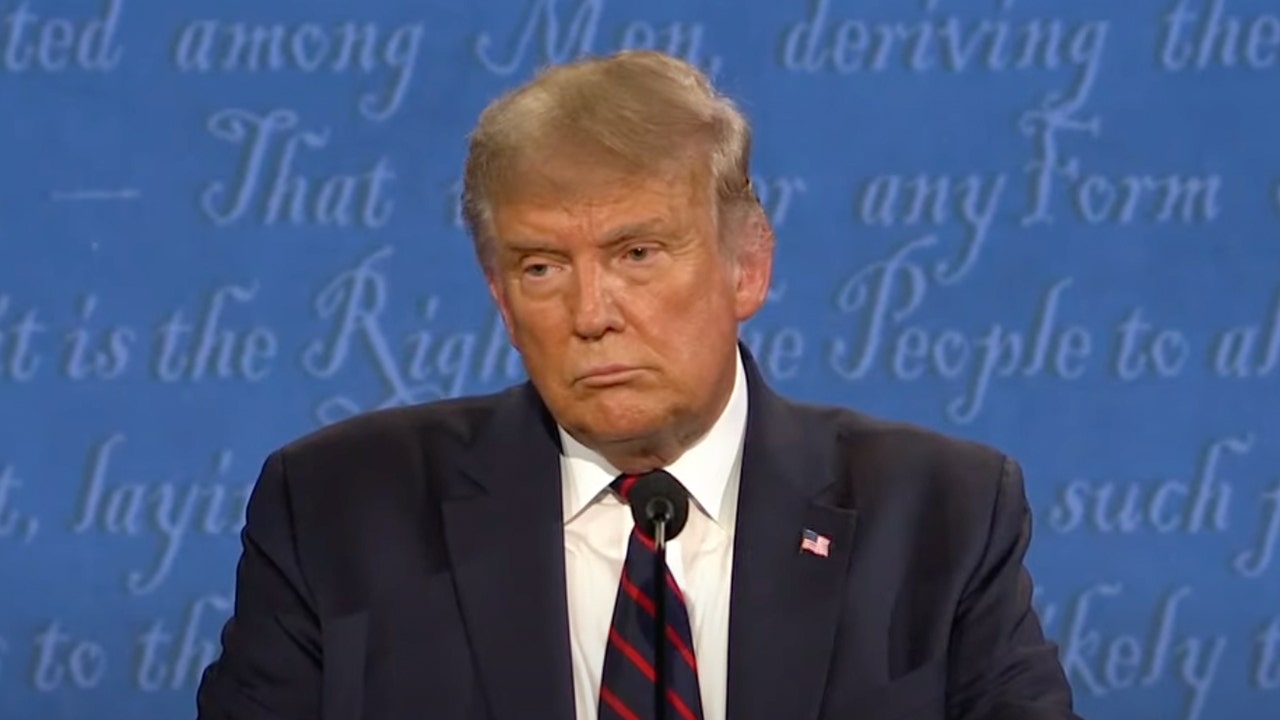

/cdn.vox-cdn.com/uploads/chorus_asset/file/25505687/VERNE_Exterior1.jpg)
